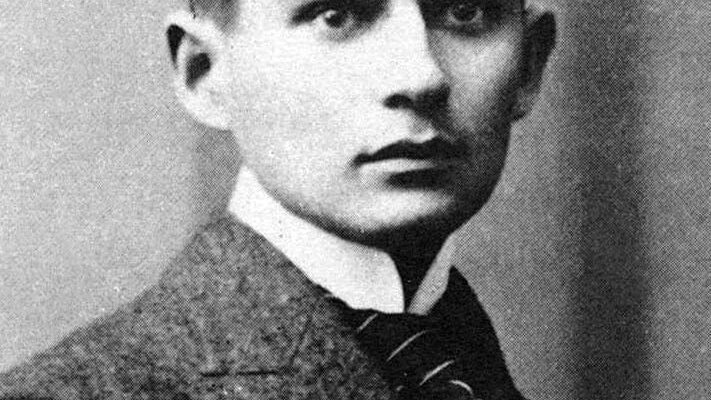There are letters of which we know every line, or almost, such as this one written by Franz Kafka to his friend Max Brod (1884-1968): “My dearest Max, my last wish: everything that is in this that I leave behind […]everything, whether diaries, manuscripts, letters (written by me or others), drawings, etc., must be completely burned without being read…” – Franz has already published Metamorphosis in 1915, in German, and various texts, but fame is slow, confidence is lacking. Max did nothing about it, seeking on the contrary to disseminate the work of his friend, who died on June 3, 1924. Thanks to the Czech writer and journalist, the whole world was able to discover some gems such as The trial, The castlehis newspapers or even Letter to father.
But it was not enough to contradict his friend’s instructions; he also had to save all these scattered texts from the hands of the Nazis and then, once installed in Tel Aviv, keep them away from the Middle Eastern conflicts, notably by repatriating part of them to Zurich. It is this race against loss that Léa Veinstein, author in particular of Philosophers read Kafka (ed. of the Maison des sciences de l’homme, 2019), in I’ll go get Kafka. A literary investigation (Flammarion), as we celebrate the 100th anniversary of the death of the Prague resident at the age of 40.
An anniversary which, as usual, gives rise to numerous publications, starting with the reissue in Folio of seven texts (novels, newspapers, letters, short stories and stories) from the four volumes of La Pléiade published in 2018 and 2022 and translated mostly by Jean-Pierre Lefebvre, professor emeritus at the École normale supérieure, who was able to rely, unlike Alexandre Vialatte (first translator from the 1930s), on the German edition of 1982, the result of meticulous work on the manuscripts . A great initiative to offer this at low prices The Trials, The castle, Metamorphosis or America, most of these works being prefaced by Jean-Pierre Lefebvre. Note, however, that Philippe Lançon provides the preface to the Trial but also that of the reissue of Metamorphosis by The Pocket Book. In short, we snatch the journalist from Release.
So many novels which do not appear in the third and final volume of the monumental biography (in reverse), Kafka, signed Reiner Stach and published in Cherche Midi. And for good reason ! These are The years of youth of the future doctor of law and employee of an insurance office that the eminent German specialist relates today in a volume of 800 pages. From Kafka’s birth, in 1883, to 1911, the work is both a training story and a portrait of a city and an era which saw the rise of ideologies, anti-Semitism and social conflicts. To meditate.
